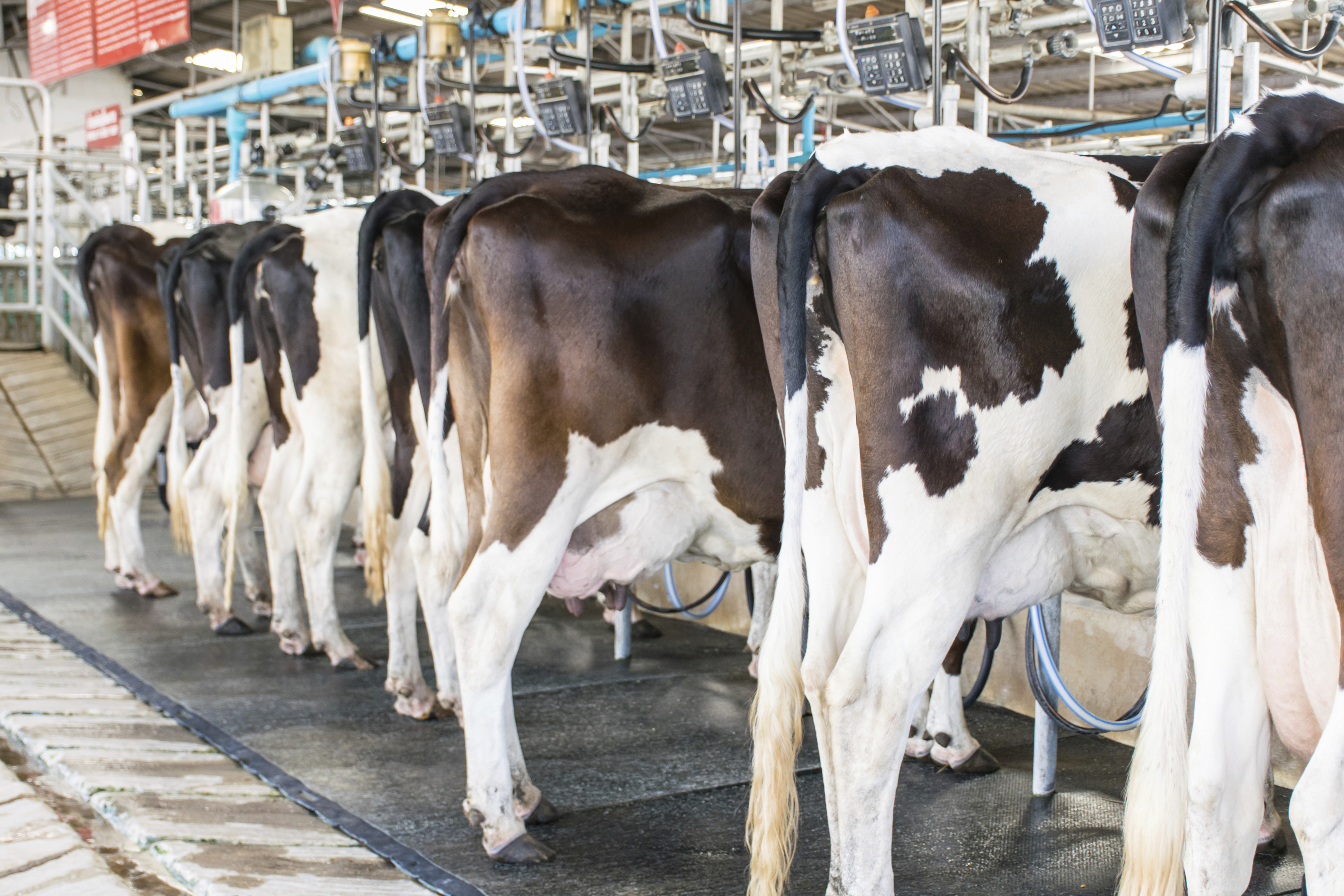Dairy giant Muller has been slated by Scotland’s farmers union for failing to increase its September milk price when all the market signs point to a partial recovery in the sector.
The union says that after two years of unprecedented turmoil, the industry is seeing rising commodity prices, spot prices for milk of over 31p per litre and signs that milk production is plummeting. And it describes Muller’s decision to ignore these market signals as a “slap in the face” for non-aligned producers who were looking to their milk buyer for a confidence boost.
The union quotes wholesale butter prices up 21%; milk powder up 15% and bulk cream prices up 25% in the past month and it says other milk buyers are slowly responding to these trends.
NFU Scotland (NFUS) milk committee chairman, Graeme Kilpatrick, said that in the depth of the dairy crisis, retailers such as Morrisons, Lidl and Aldi had topped up base prices, and he warned Muller against using the retailer supplement as an excuse for not lifting prices now.
Mr Kilpatrick has met with representatives of the company and said he could think of no justifiable reason why Müller had chosen to ignore the market.
“Muller’s response to our enquiries shows that sadly, once again, we are into a blame game where processors claim they need to be competitive, and cite other processors for not increasing their prices. That is a sad reflection that lessons of the past have not been learned, milk prices that are quick to fall will be too slow in responding when the market turns and producers are once again left carrying the can.” he said.
“As a liquid milk-led company, Müller Wiseman has, in the past, used poor returns from cream markets as a justification for dragging down or holding farm gate prices. Figures suggest cream incomes to a liquid processor like Müller are up by more than 50% on this time last year.”
A spokesman for Müller said that although the company’s milk price for September was unchanged, he was confident that it would continue to be competitive.
He added: “Where we differ from other milk buyers in Scotland is that throughout the crisis resulting from very high levels of milk supply and weak demand for commodity dairy products, our aim was to deliver a stable, competitive milk price on all litres bought from our farmer suppliers.
“Whilst we agree with our Farmer Board that the markets are showing positive signals, we have a different view on when this can be translated into milk price.”










